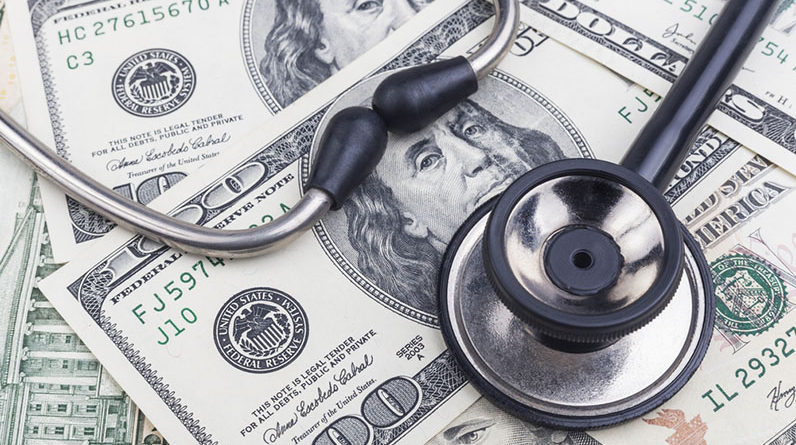A South Jersey doctor, Morris Antebi, 68, was charged in connection with his role in a longstanding billing fraud scheme. Antebi, a physician specializing in pain management and anesthesia, owned and operated a pain management clinic chain with locations throughout South Jersey. Antebi was a participating provider in Medicare, Medicaid, and several private insurance plans. Between approximately 2014 through 2020, Antebi billed over $24.6 million for services he purportedly provided, including billing more than $15.3 million to Medicaid and more than $8 million to Medicare. The investigation showed that Antebi engaged in various forms of billing fraud. For example, Antebi frequently billed Medicare, Medicaid, and private insurance companies on dates when travel records show he was overseas, including on trips to China, Israel, Turkey, the Dominican Republic, and across Europe, or when he was otherwise outside the State of New Jersey. Antebi billed approximately $230,700 to Medicaid, Medicare, and private insurance plans between November 2015 and January 2020 for services he purportedly rendered while he was traveling and not in the office.
The investigation also showed that Antebi billed for excessive billings for one-day periods of time. For example, Antebi billed insurance plans for more than 24 hours’ worth of services in a one-day period of time on more than 900 occasions between 2014 and 2020. Antebi also billed insurance companies for between 12 and 23.99 hours of purported services in a one-day period of time on more than 300 occasions. On certain occasions, law enforcement surveilled Antebi on days when he left the clinics early, but nevertheless billed as though he saw many patients on those days. Despite these high billings, individuals interviewed during the investigation stated that Antebi commonly saw them for only very brief periods of time, and he often did not perform any medical exams or evaluations during their visits. Individuals also indicated that that there sometimes was no medical equipment or examination tables in the rooms at the clinics in which patients met with providers, and that patients sometimes met with providers on folding chairs in the hallway of the clinics.







